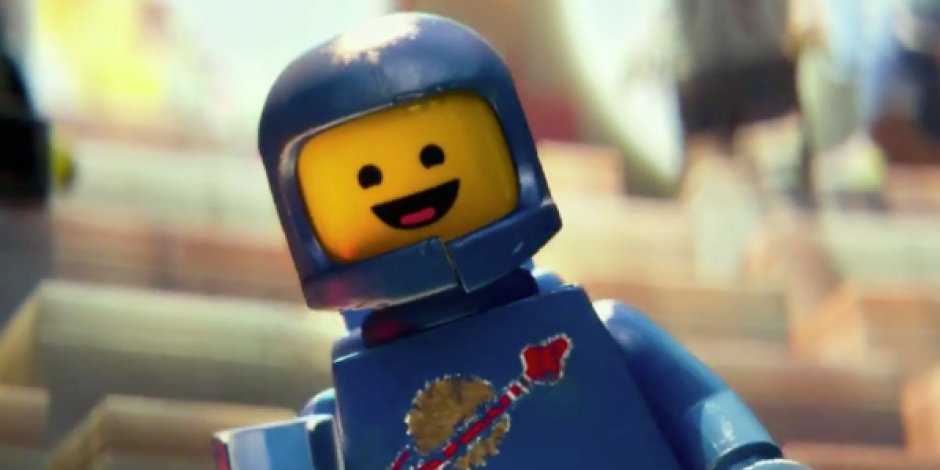Children should learn mainly though play up until the age of eight, says head of LEGO Foundation Hanne Rasmussen.

The LEGO Group has put £4 million into a new LEGO Professorship at Cambridge University to help forward research in play and educational development.
The moves comes as the Danish toy manufacturer outlines its own stance that children’ educational development can be ‘hindered by early formal schooling’ and that kids should learn mainly through play until the age of eight.
According to the head of the LEGO Foundation, Hanne Rasmussen,a lack of understanding of the value of play is prompting parents and schools to “reduce it as a priority” hindering children’s ability to develop creativity, problem-solving and empathy.
The Foundation has now outlined its campaign to change the mindset of educational leaders across the globe by ‘redefining play and reimagining learning.’
“Both in the formal education system and in the homes of children, the focus on the value of play is rather limited,” said Rasmussen in an interview with The Guardian.
“That’s really something we want to work on, to improve the understanding of the value of lay and what play really can do.”
The Foundation’s first move has been an injection of £4m into establishing a new LEGO Professorship at Cambridge University and supporting an accompanying Centre for Research on Play in Education, Development and Learning.
The aim is to provide an ‘incontrovertible academic underpinning to the educational value of play, and to define more clearly what works and how to measure it.’
“All over the world, we see parents spending much energy doing the best for their child, and play is not on that list because they don’t have he background to understand what it could do,” said Rasmussen.
Physical, symbolic, with rules, with objects, and pretence are the five types of lay identified by LEGO in its new campaign directed at highlighting the importance of play in children’s development ‘well into key stage two.’
“In the early years – up to around eight – a play based methodology [of play and education] makes a lot of sense,” concluded Rasmussen.





